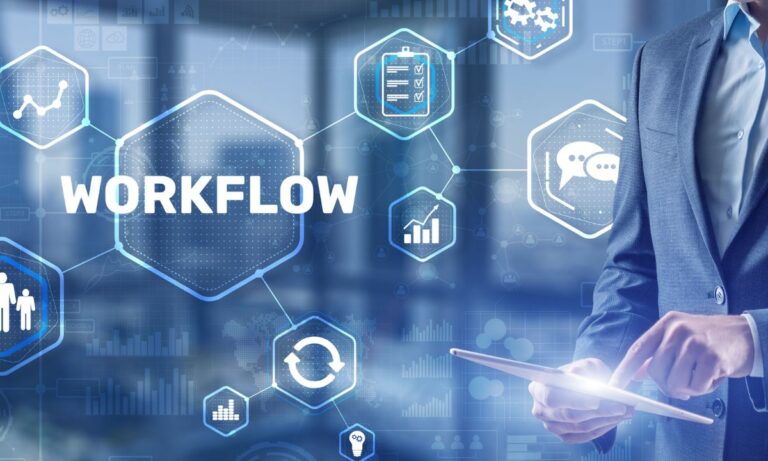In the quest to achieve operational efficiency, businesses are continually exploring new frontiers of process automation. One area that is witnessing significant transformation due to automation is taxation. Forward-thinking organizations are capitalizing on tax automation solutions to simplify the complex tax processes, reduce risks, and skyrocket profits. This article aims to demystify how top companies are revolutionizing their profits with tax automation.
Understanding Tax Automation
The concept of tax automation may sound complex, but in essence, it refers to the use of software to streamline and automate repetitive tasks associated with tax processes. This could involve tasks such as data collection, tax calculation, reporting, and filing returns. By automating these tasks, companies can eliminate manual errors, reduce labor costs, and ensure compliance with tax laws.
But the benefits of tax automation extend beyond cost-saving. It also offers businesses the agility to adapt to changing tax regulations quickly. More importantly, it provides valuable insights that can drive strategic decision-making and boost profits.
While many businesses are still grappling with manual tax processes, industry leaders are already reaping the benefits of tax automation. Let’s delve into how they are achieving this.
Revolutionizing Profits through Tax Automation
Top companies are leveraging tax automation in innovative ways to bolster their bottom line. One of these is by reducing the time and resources required for tax compliance. With tax automation, businesses can automate data collection and validation, thereby minimizing the risks of penalties and audits.
Moreover, tax automation allows companies to tap into digital data streams and extract valuable insights. These insights can be used to identify tax-saving opportunities, optimize tax strategies, and ultimately, increase profits.
Lastly, tax automation enhances business continuity by ensuring that tax processes can be managed remotely. This is particularly critical in today’s digital age, where disruptions such as the COVID-19 pandemic can severely impact business operations.
How Flokzu Can Help
Now that we’ve established the value of tax automation, the question is – how can your business tap into these benefits? This is where Flokzu comes in. Flokzu offers a robust business process automation solution that can automate your tax processes effectively. Whether you’re looking to automate data collection, tax calculation, or reporting, Flokzu has got you covered.
With Flokzu, you can not only automate your tax processes but also customize them to suit your unique business needs. Plus, Flokzu offers attractive pricing plans, making it an affordable solution for businesses of all sizes.
By integrating Flokzu into your tax processes, you can minimize manual errors, ensure compliance, and gain valuable insights – all of which can significantly boost your profits. In a nutshell, Flokzu can be your secret weapon to revolutionizing your profits through tax automation.
In conclusion, tax automation is not just a trend; it’s a powerful tool that can transform your business processes and drive profitability. By leveraging a robust automation solution like Flokzu, you can stay ahead of the curve and revolutionize your profits. So why wait? Automate your first process for free today and experience the power of tax automation first hand.






























